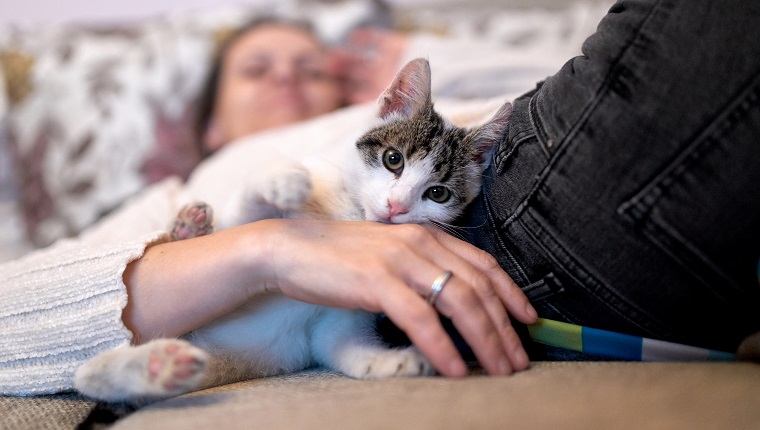There’s something calming and reassuring about hearing and feeling a cat purr. This is especially so if you happen to be petting your favorite feline at the time or they’re napping snugly on your lap while you both relax.
In fact, CatTime recommends this brush so you can give your kitty a little loving grooming session while…






